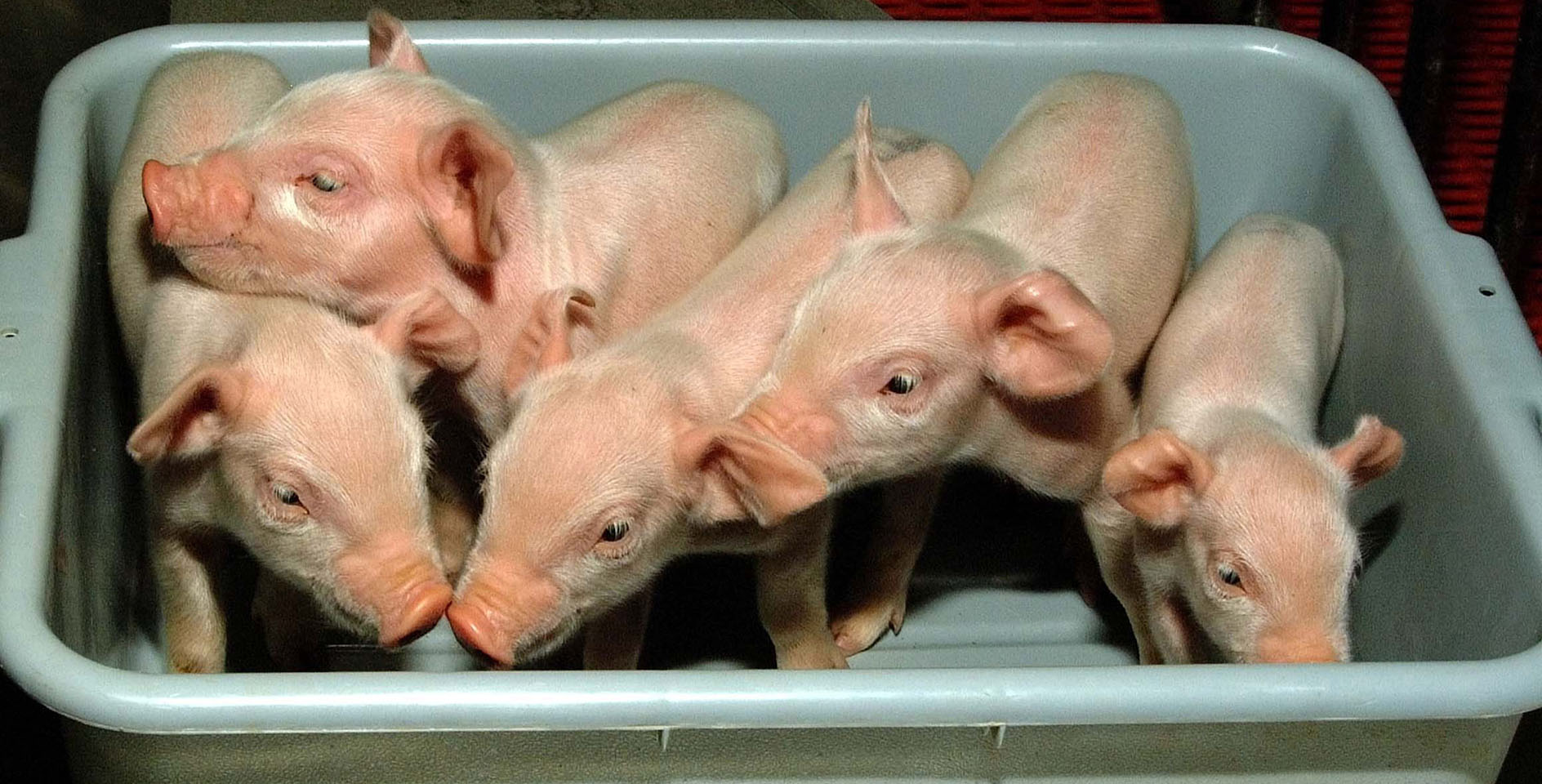A few years ago, I was introduced to the Dutch Reformed theologian and ethicist, Herman Bavinck. His works began to revolutionize the way that I thought about the rich relationship of theology and ethics. Throughout my life, I have always (and rightfully) heard how the church must see the study of theology as central to our pursuit of God because that’s how we learn the fundamental elements of the Christian faith. God reveals himself to us through Scripture. The structure of church theological training and discipleship programs, especially within wider evangelicalism, demonstrates this emphasis on theology. They are saturated with doctrinal studies including a heavy emphasis on systematic theology, biblical studies, historical theology, biblical theology, and more. But studying Bavinck’s work helped me to see that we often fail to similarly prioritize the study and centrality of ethics in our pulpits, classrooms, and programs — missing out on a crucial component of Christian discipleship.
Bavinck saw the two fields of theology and ethics as inextricably related to one another. For him, dogmatics (or theology) is most closely related to ethics than other fields like philosophy. Even though theology and ethics are “not materially different,” they are nevertheless “formally distinct.”1Herman Bavinck, Reformed Dogmatics, ed. John Bolt, trans. John Vriend, 4 vols. (Grand Rapids, Mich: Baker Academic, 2003). 1:57. He argues that while it is not wrong per se to treat theology and ethics separately, this separation has the effect of “depriving ethics of its theological and Christian character.”2RD, 1:57-58. He describes this integral relationship between dogmatics and ethics as “related members of a singular organism.”3RD, 1:58. Bavinck beautifully illustrates their interrelated and dependent relationship in the first volume of Reformed Dogmatics by stating,
Dogmatics describes the deeds of God done for, to, and in human beings; ethics describes what renewed human beings now do on the basis of and in the strength of those divine deeds. In dogmatics human beings are passive; they receive and believe; in ethics they are themselves active agents. In dogmatics, the articles of the faith are treated; in ethics the precepts of the Decalogue. In the former, that which concerns faith is dealt with; in the latter, that which concerns love, obedience, and good works. Dogmatics sets forth what God is and does for human beings and causes them to know God as their Creator, Redeemer, and Sanctifier; ethics sets forth what human beings are and do for God now; how, with everything they are and have, with intellect and will and all their strength, they devote themselves to God out of gratitude and love. Dogmatics is the system of the knowledge of God; ethics is that of the service of God.4RD, 1:58.
In a similar passage in Reformed Ethics, Bavinck states that “our ethics proceeds from God, is through God, and is for God. Also, in our ethics it is God who reveals to use the truth about sin, regeneration, sanctification, how we are to live in the state, and so forth.”5Herman Bavinck, Reformed Ethics, trans. John Bolt (Grand Rapids, MI: Baker Publishing Group, 2019). §4:26. An important element of Bavinck’s scriptural vision for both dogmatics and ethics is tied to the role of revelation. He states, “ethics is as closely related to and fully dependent on Holy Scripture as is dogmatics,” thus speaking to the needed emphasis and study of these two disciplines.6RE, §4:26.
Bavinck here is picking up on the work of the German theologian Christoph Ernst Luthardt, who states, “God first loved us is the summary of Christian doctrine. We love Him is the summary of Christian morality.”7Christoph Ernst Luthardt, Apologetic Lectures on the Moral Truths of Christianity, trans. Sophia Taylor, Second (Edinburgh: T&T Clark, 1876). 26. Luthardt also influenced the famed evangelical theologian and ethicist Carl F.H. Henry, who wrote, “love for another is the whole sum of Christian ethics.”8Carl F. H. Henry, Christian Personal Ethics, Second Edition (Grand Rapids: Baker, 1979). 486. Thus, Christian doctrine cannot be separated from ethics — even if they can and in some instances should be studied as distinct disciplines according to Bavinck. A fully formed Christian ethic must be tied to the realities that God has not only created the entire universe with a particular end, but also spoken to his people about how they are to live in light of his lordship.
I was reminded of this beautiful relationship of theology and ethics this past week when my friend Bart Barber shared, “Systematic theology divorced from biblical theology and historical theology is an unaccountable despot.” Barber is exactly right, and that same logic applies to the study of theology when it is divorced from the study of ethics. It is dangerous and deleterious to our witness to emphasize one aspect of the Christian life to the near total neglect of the other. I think we do this because we tend to think of ethics merely as the application of theological doctrine, rather than the study of how we live in light of those truths. While this does not mean that we should neglect to study God’s Word through a theological lens, it does mean that we must emphasize the rightful place of Christian ethics in our study and pursuit of Christ — not just in the academy, but from our pulpits and discipleship strategies in the local church.







